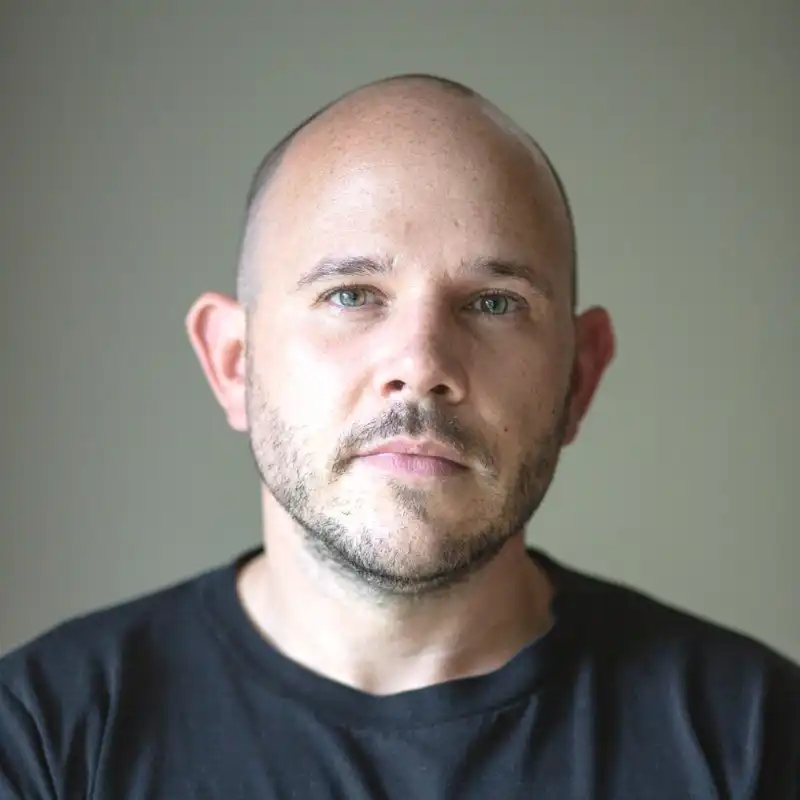What is Design Iteration?
Design iteration refers to the process of refining and improving a product, service, or design through repeated cycles of prototyping, testing, analyzing, and refining. This methodology is integral to user-centered design, ensuring that the final outcome effectively meets user needs and preferences. By systematically applying changes and enhancements based on feedback, design iteration fosters innovation and quality in the final product.
At its core, design iteration is about embracing a cycle of continuous improvement. Rather than settling on a single, static design, this process encourages flexibility and adaptability. It empowers designers to experiment with new ideas and solutions, gradually honing in on the most effective and engaging design for the target audience. This iterative approach can be applied not only to physical products but also to digital interfaces, brand experiences, and marketing campaigns.
Key Takeaways
- Design iteration involves a cyclical process of prototyping, testing, and refining.
- This approach focuses on user feedback to enhance both functionality and user experience.
- Iterative design is key to fostering innovation and adaptability within teams.
- Employing design iteration can significantly reduce risks associated with launching new products or features.
- It's a dynamic process that supports the continuous evolution of a product or service.
How Design Iteration Enhances User Experience
Design iteration is a cornerstone of creating intuitive and engaging user experiences. By iterating on design ideas, teams can identify and address usability issues early in the process. Each cycle of iteration offers an opportunity to refine touchpoints, removing friction and enhancing clarity. This ongoing refinement process culminates in a product or service that not only meets functional requirements but also delights users with its ease of use and aesthetic appeal.
The Role of Feedback in the Iteration Process
Feedback is the lifeblood of design iteration. Gathering feedback from users, stakeholders, and team members provides critical insights into how a design performs in real-world scenarios. This feedback can highlight unanticipated challenges or opportunities, guiding the next iteration of design improvements. Effective feedback loops help ensure that the iterative cycles are informed and purposeful, ultimately enhancing the value of the design.
Tools and Techniques for Effective Design Iteration
Utilizing the right tools and techniques can streamline the design iteration process. Prototyping tools like Sketch, Figma, and Adobe XD enable designers to quickly create and modify designs, facilitating rapid experimentation. User testing platforms, such as UserTesting or Lookback, provide valuable insights into how real users interact with a design. Additionally, Agile methodologies often complement design iteration, integrating iterative cycles into broader project management frameworks.
The Bottom Line
Design iteration is crucial for any organization committed to delivering exceptional user experiences and high-quality products. By adopting an iterative approach, businesses can navigate the complexities of user expectations and market demands more effectively. This process not only reduces the risk of failure by ensuring designs are tested and validated but also fosters a culture of continuous improvement and adaptability within teams. For startups, digital agencies, and ecommerce brands looking to stay competitive, embracing design iteration can be the key to unlocking innovative solutions and delivering products that stand out in the marketplace.














